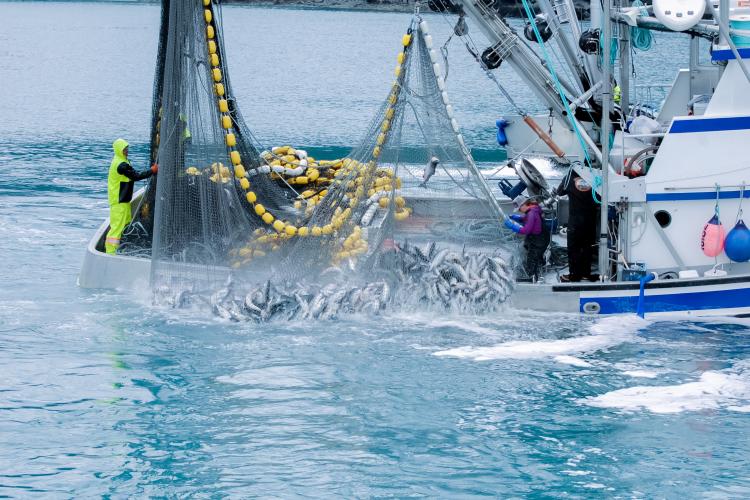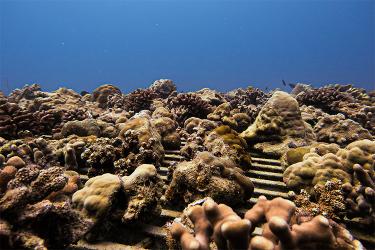Today, the Department of Commerce and NOAA announced plans for $20 million in funding for NOAA to tackle the impacts of climate change by working with the regional fishery management councils, as part of President Biden’s Investing in America agenda. These funds, provided by the Inflation Reduction Act — the largest climate investment in history — will support the councils’ development and advancement of climate-related fisheries management and implementation efforts.
Climate change has a specific impact on life in the ocean, as droughts, floods, rising seas, ocean acidification and warming waters change marine habitats and the behavior patterns of the wildlife in those habitats. The funding will help strengthen council efforts, including better integration of existing scientific tools to prepare for and respond to climate change, development of management measures or processes to improve climate resiliency and implementation of climate scenario planning efforts and outcomes.
“The regional fishery management councils are critical partners in the development of conservation and management measures for our nation’s marine fisheries,” said U.S. Secretary of Commerce Gina Raimondo. “This funding, through the Biden-Harris Administration's Inflation Reduction Act, a key pillar of Bidenomics, supports important council work to improve climate resiliency and responsiveness to climate impacts.”
Approximately $3 million will be divided equally among the eight councils. The remaining $17 million in funding will be awarded to councils after the completion of a proposal review process to identify priority projects. Councils will submit proposals to NOAA Fisheries for projects that work toward the following goals:
- Development of fishery management measures or processes necessary to improve climate resiliency and responsiveness to climate impacts.
- Development and advancement of climate-related fisheries management planning and implementation efforts, including those in support of underserved communities.
“Changing ocean conditions are affecting the location and productivity of fish stocks, which can have significant social and economic impacts on fisheries and fishing-dependent communities,” said Janet Coit, assistant administrator for NOAA Fisheries. “Working together with our fishery management council partners, we'll continue to advance our efforts to use the best available science to develop and implement fisheries management strategies in the face of climate change.”
This funding was first announced in June 2023 as part of the historic $3.3 billion in investments focused on ensuring America’s communities and economies are ready for and resilient to climate change.
Please visit NOAA’s Inflation Reduction Act website to learn about current and future funding opportunities.
Media contact
Katie Wagner, nmfs.pa@noaa.gov, (443) 458-8480



